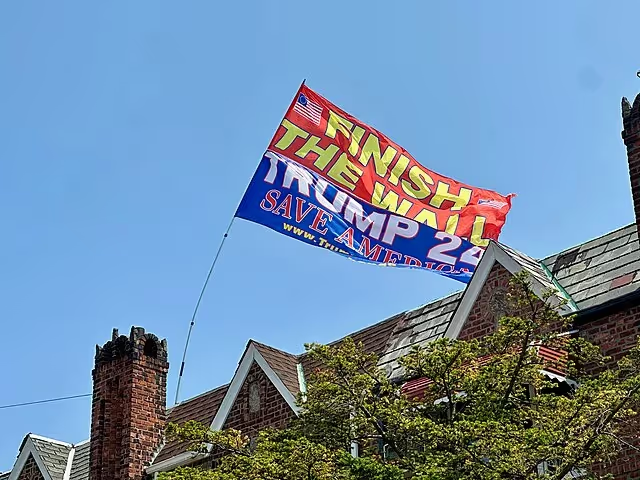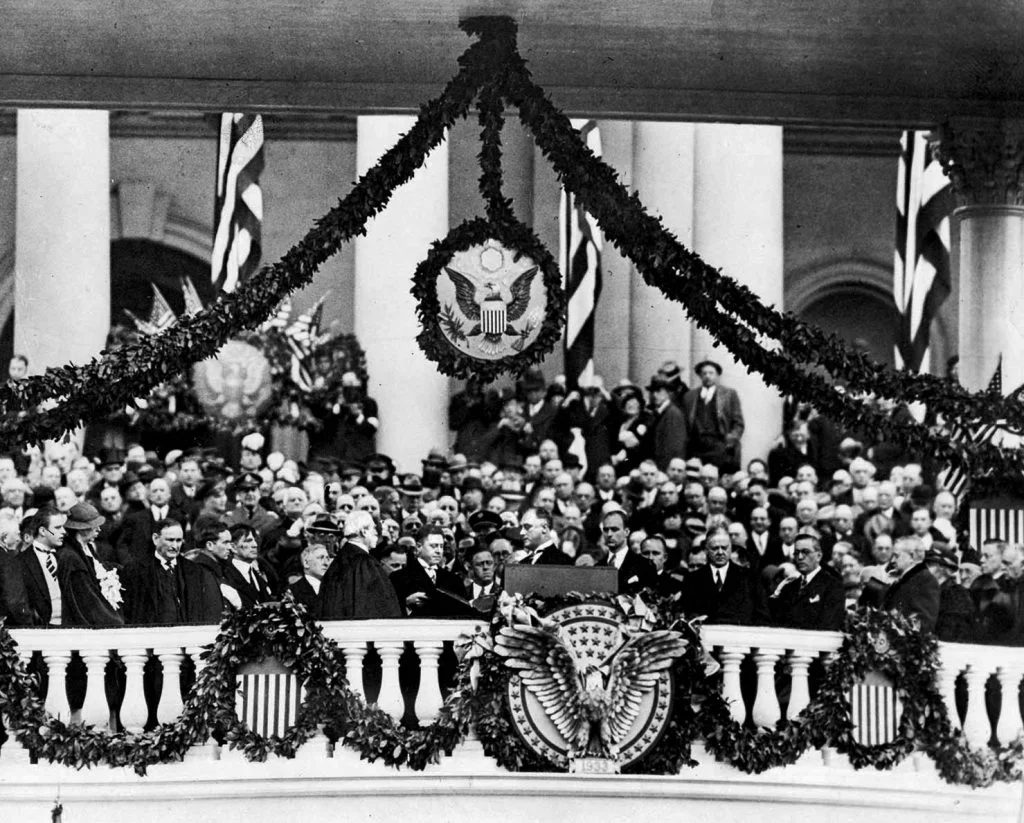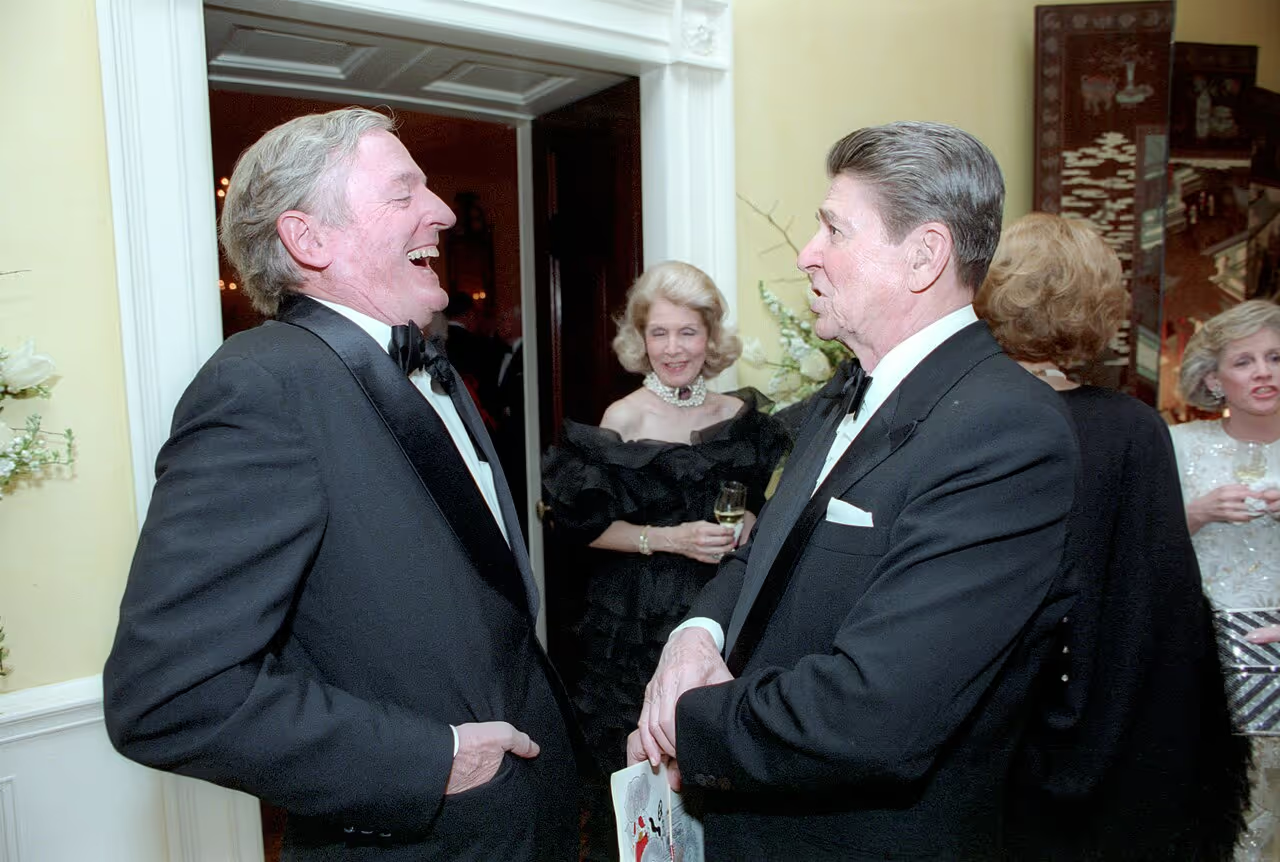
Getting Right with Buckley
Sam Tanenhaus’s long-awaited William F. Buckley Jr. biography will leave conservatives disappointed.
Conservatives have been waiting for Sam Tanenhaus’s official biography of William F. Buckley Jr. for too long. Twenty-seven years, to be precise. The last line of text in the acknowledgments on page 868 quotes Buckley shortly before his death, “I know I won’t see my biography.” So much procrastination and delay on the part of the author indicate a divided mind and an inability to focus on the project. Things change over 27 years, including authors, potential audiences, and even the public memory of a figure like Buckley. This disappointed reader must ask: Does the biography give us Buckley, or rather, a disconnected series of reflections about who the American liberal mind needs Buckley to be?
Buckley: The Life and the Revolution That Changed America is a work of immense research and thorough study, replete with archival work, oral interviews, and an exhaustive examination of the subject’s life and career at every turn. Tanenhaus had untrammeled access to Buckley’s personal papers and calendar, and other materials. He presents a picture of the man enmeshed in a complex web of cultural, familial, educational, social, political, and interpersonal contexts. In certain respects, the reader now possesses more of Buckley than perhaps was wanted, or that even most closely informs what Buckley believed was his life’s mission. Almost no stone is left unturned in Buckley’s parents’ and siblings’ lives either.
One of the problems is that the book is not proportional to Buckley’s life. In a tome of almost 1,000 pages, fewer than 100 are devoted to the momentous period in Buckley’s life and the conservative movement, ranging from Reagan’s election to the presidency in 1980 to Buckley’s death in 2008. The one thing most needful is lacking, that is, an appreciation and evaluation of the precise contours of the Revolution that the author identifies in the subtitle as Buckley’s chief contribution to American life. What was this revolution? On that crucial topic, Tanenhaus seems reluctant to offer an opinion.
Politics
.webp)
Liberal Democracy Reexamined: Leo Strauss on Alexis de Tocqueville
This article explores Leo Strauss’s thoughts on Alexis de Tocqueville in his 1954 “Natural Right” course transcript.
%20(1).avif)
Long Distance Migration as a Two-Step Sorting Process: The Resettlement of Californians in Texas
Here we press the question of whether the well-documented stream of migrants relocating from California to Texas has been sufficient to alter the political complexion of the destination state.
%20(3).avif)
Who's That Knocking? A Study of the Strategic Choices Facing Large-Scale Grassroots Canvassing Efforts
Although there is a consensus that personalized forms of campaign outreach are more likely to be effective at either mobilizing or even persuading voters, there remains uncertainty about how campaigns should implement get-out-the-vote (GOTV) programs, especially at a truly expansive scale.

There's a Perception Gap With the U.S. Economy
As we approach another election cycle, it’s worth asking: what’s real, what’s political theater, and what does it all mean if Democrats regain control of the House?

International Law Is Holding Democracies Back
The United States should use this moment to argue for a different approach to the rules of war.

Trump purged America’s Leftist toxins. Now hubris will be his downfall
From ending DEI madness and net zero to securing the border, he’ll leave the US stronger. But his excesses are inciting a Left-wing backlash
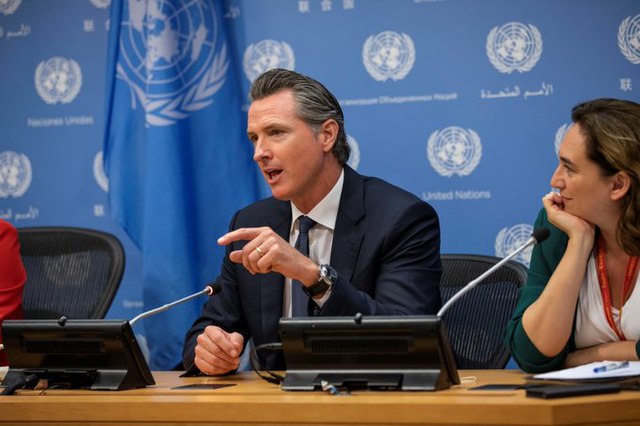
California’s wealth tax tests the limits of progressive politics
Until the country finds a way to convince the average American that extreme wealth does not come at their expense, both the oligarchs and the heavily Democratic professional classes risk experiencing serious tax raids unseen for decades.
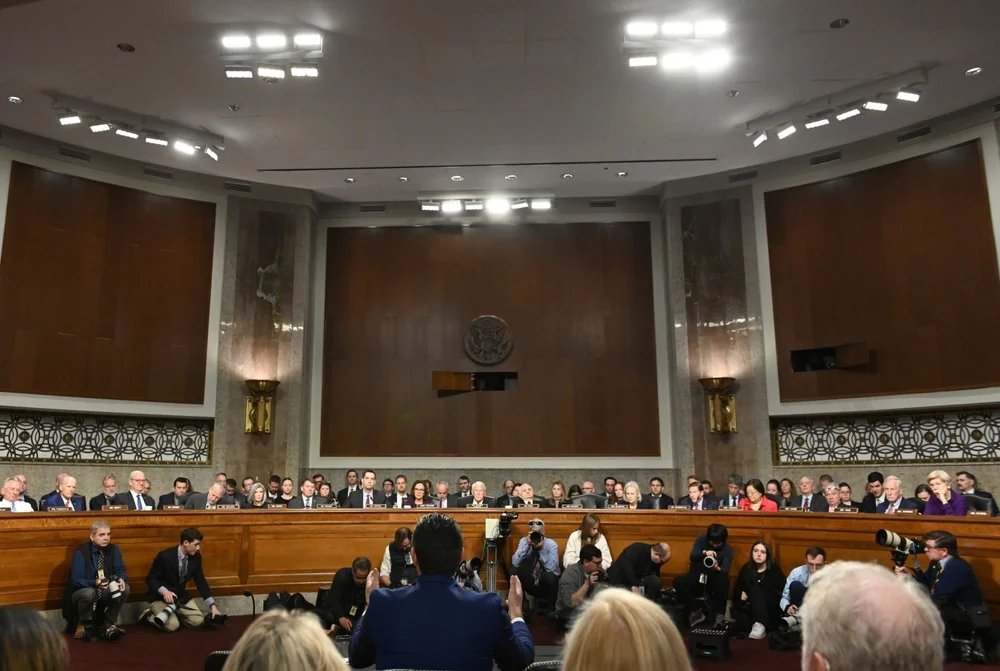
Storm Over the Appointment Process
This is not your grandfather’s appointment process; in fact, it’s not even your older brother’s.
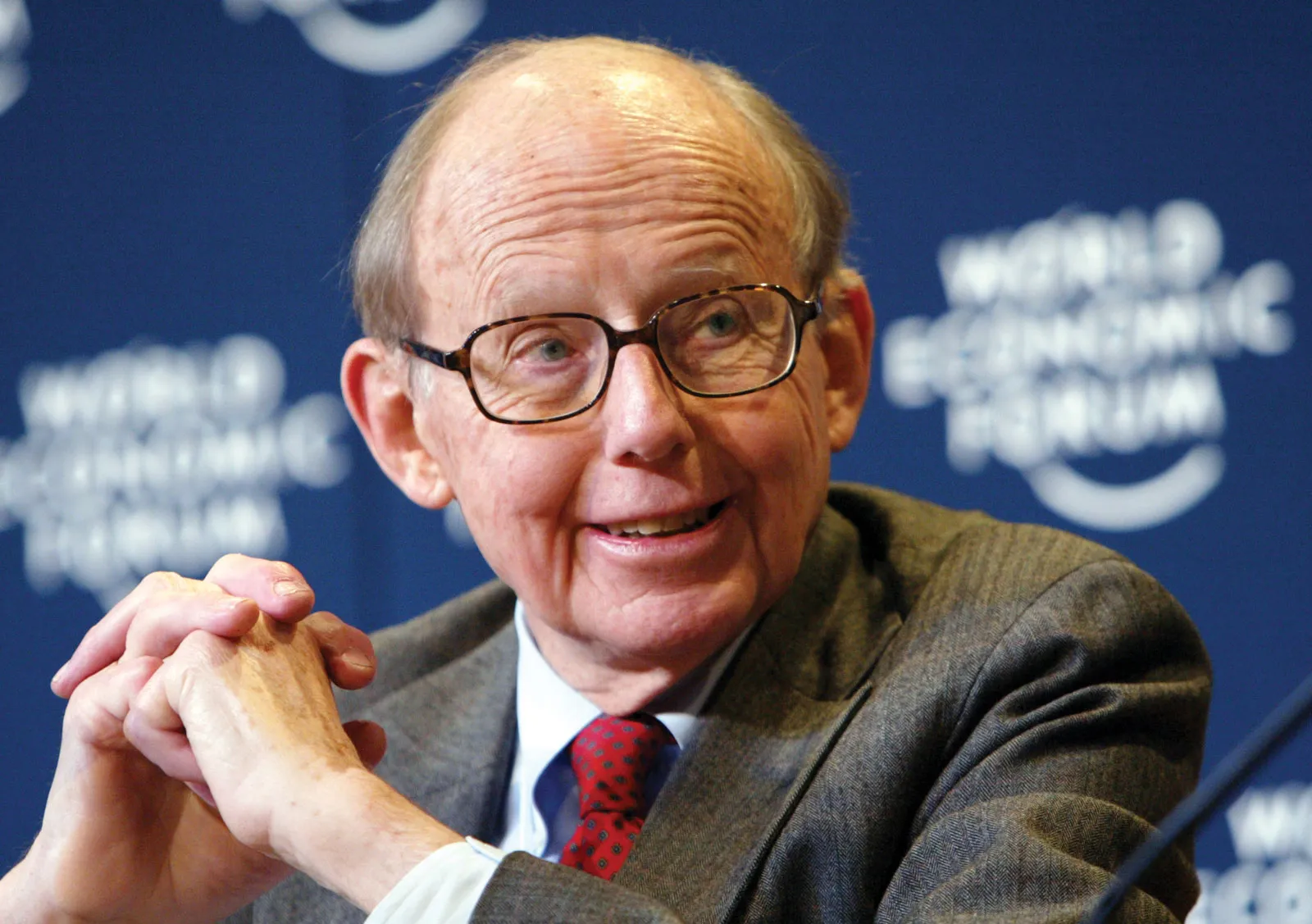
The Clash of Civilizations at 30
Three decades on, Huntington did not foresee the extent to which the West would erode, but he did perceive the warning signs.


